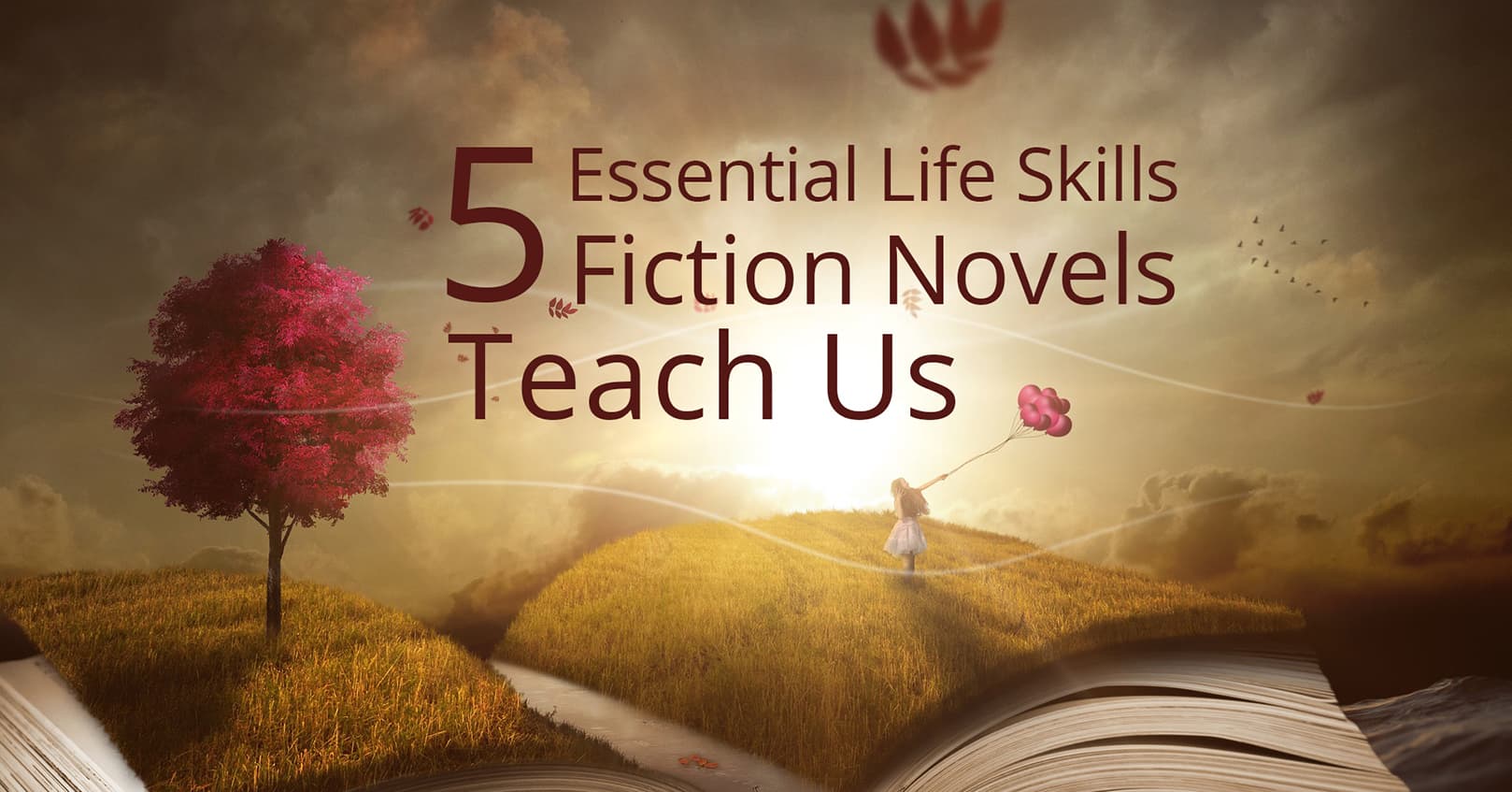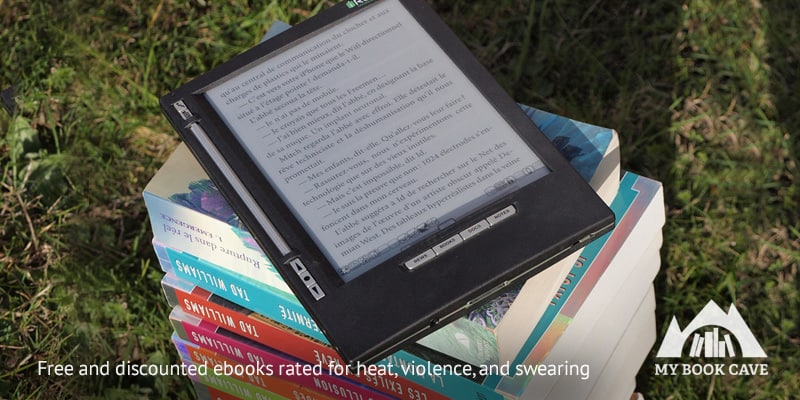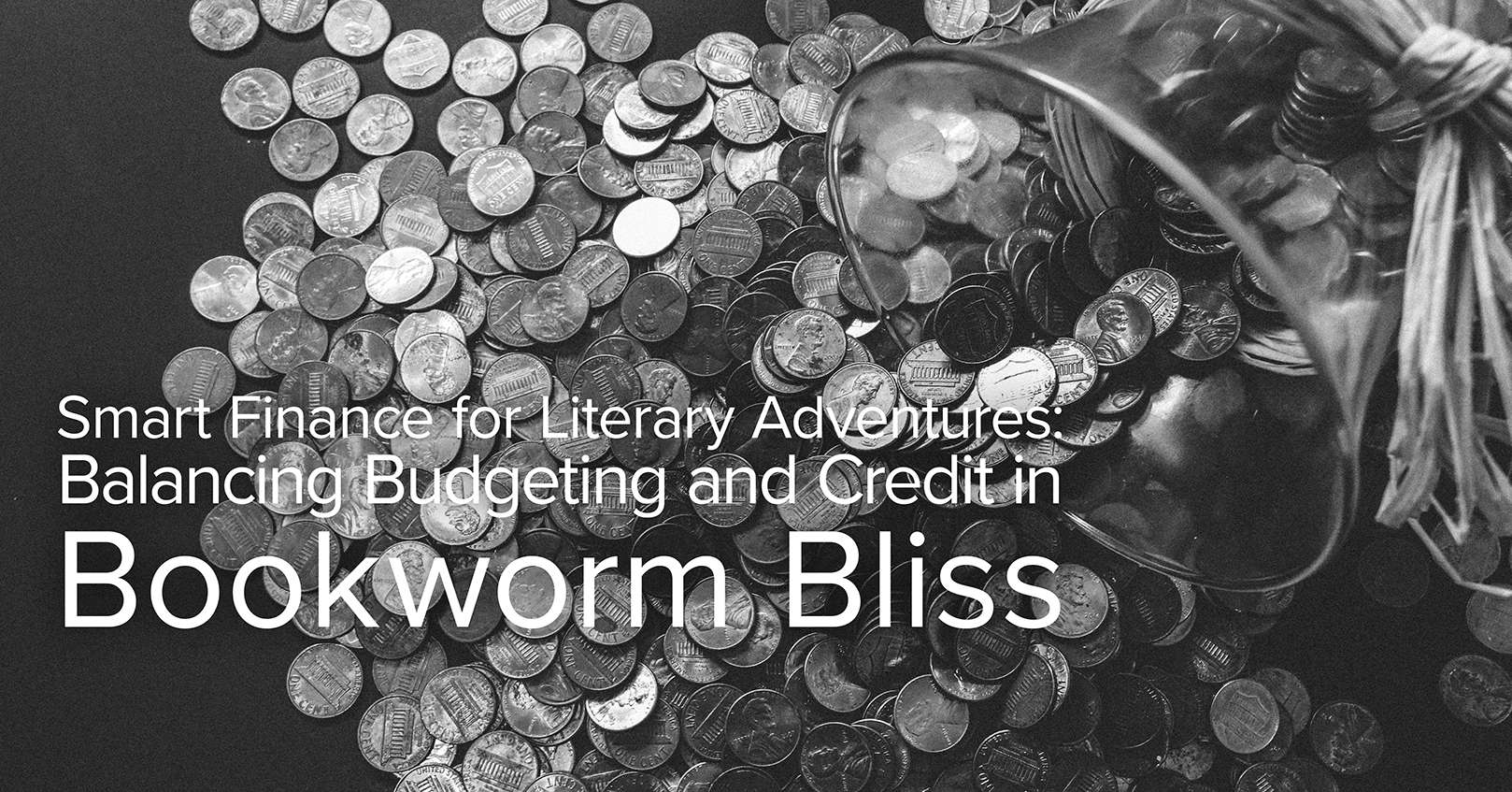
Stories are an irrevocable part of our society. Whether it’s choosing to move to a new place or simply relating to a friend what you did over the weekend, stories are being made and shared every day. But how does reading fiction fit into all of this?
According to a recent article on the BBC, studies have shown that fiction novels make people more compassionate and empathetic. However, it goes much further than this. Fiction not only allows us to relate to situations that are so far from our own and feel the feelings of those affected by them, but they also teach us skills that are essential in our daily life.
Here are the 5 essential life skills you’ll gain from reading fiction.
1. Technical Skills
Technical skills can be defined as a certain set of abilities relating to a particular craft or its techniques. Reading fiction can teach us the craft of communication, public speaking, and even the art of research. According to a retired Navy Admiral interviewed on Forbes, reading a bunch of classic sea novels helped him prepare for leading his own ship. He would read through the situations and put himself in the shoes of the main character. In this example, the admiral was applying critical thinking, which is essential in both problem solving and communicating with others.
Whether you’re following along with historical research assistant Sofia Adams in Redemption by Nadja Baer as she discovers the existence of vampires and angels, or Hermione Granger of Harry Potter by J.K. Rowling as she teaches us that knowing how to find information is just as powerful as having it, reading fiction often teaches technical skills without the reader even realizing it.
2. Survival Skills
Hatchet by Gary Paulsen is a perfect example of how fiction can teach us survival skills. While following along with the main character, Brian, as he battles the Canadian wilderness, readers learn how to find clean water and all the different ways a hatchet can be helpful when you’re lost in the woods. The likelihood of being stuck in the woods is rather low, but if it ever occurred, you’d at least be better equipped to face this situation having the knowledge this fictional story provides.
While wilderness survival may not be the most practical of all life skills, we could all probably agree that money management is a necessary survival skill to have. Without a little knowledge of finances and spending wisely, we could easily drown in a sea of credit card debt, something Confessions of a Shopaholic by Sophie Kinsella teaches us through the main character Becky Bloomwood, who rationalizes her frivolous and pricey expenditures by calling a pair of name brand pumps an “investment.”
All of these situations the authors put their characters in allow us to analyze the scenario from the outside and easily spot the problem. We can confidently know how we would do things differently, thus, adding another skill in our survival toolkit.
3. Self-Awareness
Many fictional novels push the boundaries of our reality. They make us question the little things and discern for ourselves what is right and what is wrong. Often times these questions lead us to better understand our true nature. What would we have done if we were in the shoes of the main character, afflicted by the same circumstances?
The Recipient by Dean Mayes is one such novel. After a heart transplant, the main character (Casey Schillinge) begins to realize that the person whose heart she was given didn’t die of natural causes. She’s immediately thrown into danger as she tries to piece together the murder, and the more she discovers, the more she puts herself and her loved ones at risk. Would you risk your life if you were in this situation?
Or what if you were wrongly accused of murder by your cheating ex boyfriend’s new girl just as Erin Summers was in Fido and Fendi by Adaline Chase? Would you sit and let the cops do their job, or would you pick up a new skill and try to solve the case yourself, all the while knowing you could be putting yourself in the path of the real killer?
Now, chances are (hopefully) none of these situations will happen to you in real life, but analyzing ourselves through fiction allows us to form a deeper understanding of our strengths, weaknesses, and, ultimately, ourselves as human beings.
4. Relationship Skills
This isn’t just referring to romantic relationships, although there are plenty of books that cover this topic. There’s a whole genre dedicated to this. Relationship skills also refer to the ability to relate to one another. Have you ever read a book about friends, family, coworkers, or even talking animals working together for a common goal? Most books involve relationships in one form or another and can teach us what to do and what not to do when working with others.
Remember the dynamic of the Fellowship of the Ring in The Lord of the Rings by J.R.R. Tolkien? For the most part, the group worked because each member had mutual respect. They listened, communicated, and valued each other. All elements of a good partnership, right? But what broke the fellowship was Boromir’s greed, teaching us that for a healthy relationship to thrive, we must not be selfish.
5. Wellness & Mental Health Skills
Life can be busy, messy, and beyond stressful. Being able to relax and reduce the amount of stress we experience is not only beneficial for our mental health and wellness, it is an essential life skill we need to survive. This is where reading comes in.
Reading literature has been known to reduce stress. In fact, according to a study led by a neuropsychologist at the University of Sussex, 6 minutes of reading is the fastest way to relax. It decreases your heart rate and blood pressure more than listening to music, drinking a cup of tea, or even going for a walk. Psychologists believe the reason reading is the most efficient way to relax is because our brain has to focus solely on the story at hand and nothing else. By doing this, your body automatically relaxes because your brain is otherwise engaged.
So next time life gets you down and you’re feeling overloaded, why not distract yourself by diving into another world? Why not read a book?
What life skills have fiction novels taught you?
Happy Reading.
















Wow. Thank you. That’s generous of you to point this out for fiction writers!